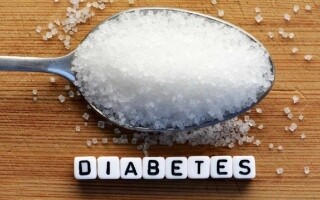
There is a complex link between sugar consumption and diabetes development, and it cannot be said that sugar consumption directly causes diabetes. Diabetes develops due to disruptions in the regulation of sugar levels in the blood in the organism, caused by insufficient insulin secretion or cellular resistance to it, possibly as a result of the combination of these factors. Type 1 diabetes is autoimmune, not related to sugar consumption, while type 2 is related to lifestyle, including diet and obesity.
According to the information "Diabetes India", here are 5 things you need to know about the impact of sugar on diabetes: The action of sugar on weight gain Excessive sugar consumption, especially from sugary drinks and processed foods, contributes to obesity, which is one of the strongest risk factors for developing type 2 diabetes due to possible resistance to insulin.
Insulin resistance Medical organizations, such as the American Diabetes Association and the World Health Organization, emphasize that excessive sugar consumption can contribute to weight gain and insulin resistance, increasing the risk of developing type 2 diabetes.
Sugar-containing drinks and blood sugar levels Sugary drinks and sweets quickly raise blood sugar levels, increasing the risk of developing type 2 diabetes. Consuming these calories without feeling full contributes to long-term obesity.
Hidden sugars in processed foods Many processed foods contain added sugars, even if they are not sweet in taste, such as sauces and bread. These sugars increase overall sugar consumption, which over time can lead to obesity and insulin resistance.
The effects of a balanced diet A balanced diet rich in fibers, proteins, and whole grain products can help stabilize blood sugar levels, reducing the likelihood of its sharp rise, which decreases the pressure on insulin and lowers the risk of developing diabetes.














